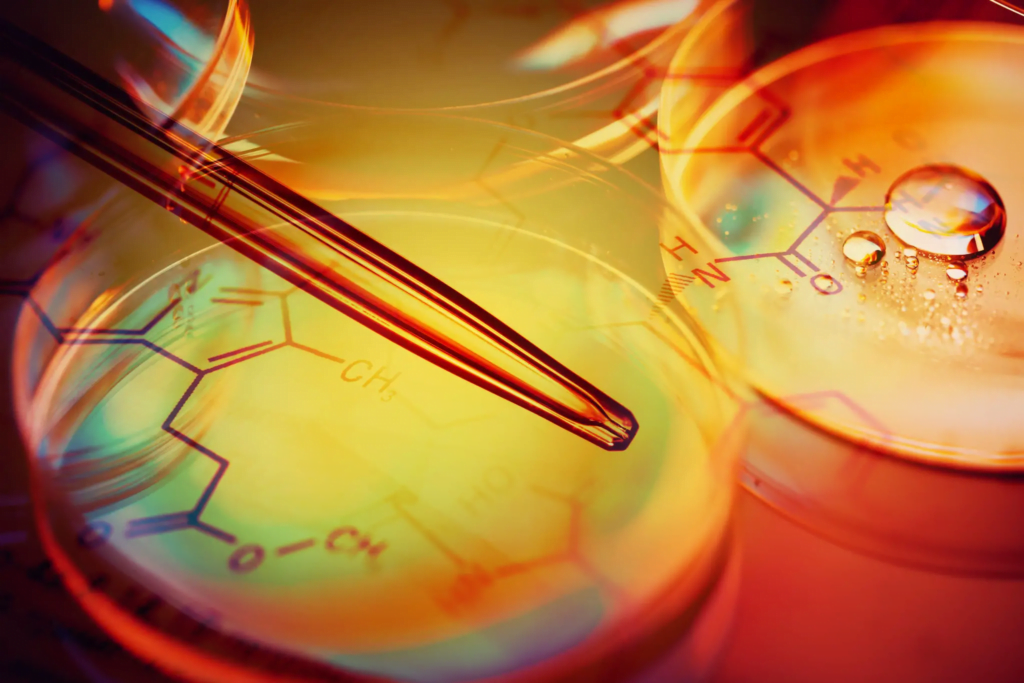
In the ceaseless quest for finding more efficient methods of treating cancer, scientists have made an unprecedented breakthrough. They’ve engineered a “Trojan horse” mechanism that deploys anticancer nanoparticles into cancer cells, causing them to self-destruct without needing any drugs. The term “Trojan horse” hails from the ancient Greek tale, employed here as a metaphor to describe the method by which these nanoparticles infiltrate cancer cells. Although research is still in the early stages, this innovative approach has shown remarkable effectiveness in destroying cancer cells in a petri dish and reducing tumor growth in mice.
Innovation at Nanyang Technological University Singapore (NTU Singapore)

Researchers at NTU Singapore have skillfully developed their “Trojan horse” by impregnating an anti-cancer nanoparticle with a specific amino acid, known as L-phenylalanine. This amino acid is crucial for the growth of cancer cells, making it the perfect disguise for the anticancer nanoparticle. As the cancer cells seek to absorb the L-phenylalanine, they unknowingly allow the deadly nanoparticle into their structure, subsequently leading to their self-destruction.
The Power of Nano-pPAAM
The nano-sized Trojan horse is known as Nano-pPAAM. This ultrasmall particle, with a diameter of just 30 nanometers, possesses “excellent intrinsic anticancer and cancer-selective properties,” as documented in the scientific paper published by the research team. Once inside the cancer cells, Nano-pPAAM stimulates an excessive production of reactive oxygen species (ROS), leading to cancer cell death, while not posing any harm to healthy cells.
Comparative Effectiveness of Nano-pPAAM
The potency of the nanoparticle was tested extensively in the lab. The team found that the nanoparticle killed about 80 percent of breast, skin, and gastric cancer cells, a rate comparable to some currently used cancer drugs. Furthermore, it was observed to reduce tumor growth by approximately 60 percent in mice implanted with human triple-negative breast cancer cells compared to control models.
A Paradigm Shift in Cancer Treatment
Assistant Professor Dalton Tay, lead study author from the School of Materials Science and Engineering at NTU Singapore, shed light on this unique approach. “Against conventional wisdom, our approach involved using the nanomaterial as a drug instead as a drug-carrier. The cancer-selective and killing properties of Nano-pPAAM are intrinsic and do not need to be ‘activated’ by any external stimuli. The amino acid L-phenylalanine acts as a ‘trojan horse’ – a cloak to mask the nanotherapeutic on the inside.”
By doing away with the drug component, the team has effectively simplified the nanomedicine formulation, potentially overcoming the myriad technological hurdles that have so far hindered the bench-to-bedside translation of drug-based nanomedicine.
Starving Cancer Cells
Earlier studies have suggested that cancer tumor growth could be slowed or prevented by “starving” cancer cells of these vital amino acids through fasting or special protein-deficient diets. However, these diets might not always be beneficial to the patient, especially if they’re already debilitated by their disease. This innovative method, in contrast, would theoretically not have this adverse effect.
The Road Ahead
The researchers’ next objective is to further refine the design of Nano-pPAAM to make it more precise in targeting specific cancer types and enhance its efficiency in killing tumors. However, there is still a long way to go before this method can be considered a viable cancer treatment for humans.

Addressing Drug Resistance
With some cancers developing resistance to the current suite of drugs available, scientists are always on the lookout for fresh approaches to treat cancer. “This novel approach could hold much promise for cancer cells that have failed to respond to conventional treatment like chemotherapy,” explained Associate Professor Tan Ern Yu, a breast cancer specialist at Tan Tock Seng Hospital who was not involved in the study. “Such cancers often have evolved mechanisms of resistance to the drugs currently in use, rendering them ineffective. However, the cancer cells could potentially still be susceptible to the ‘Trojan horse’ approach since it acts through a different mechanism – one that the cells will not have adapted to.”
This promising “Trojan horse” approach, which leverages Nano-pPAAM, might be a groundbreaking stride in cancer treatment, potentially revolutionizing the field by providing a novel mechanism to combat drug-resistant cancers. While further refinement and testing are needed, the preliminary results demonstrate the significant potential of this method in improving cancer treatment outcomes, offering a beacon of hope for those grappling with the devastating disease.
With cancer being a significant global health concern, advancements like these underscore the importance of continuous research and innovation. Indeed, the innovative approach from NTU Singapore provides a glimmer of hope, setting the stage for a new era of more efficient, targeted cancer therapies.
For more detailed information about this research, you can read the official NTU Singapore news release and the in-depth analysis on IFL Science.
Source: https://www.healthy-holistic-living.com/trojan-horse-nanoparticles-kill-cancer-cells-without-drugs/


